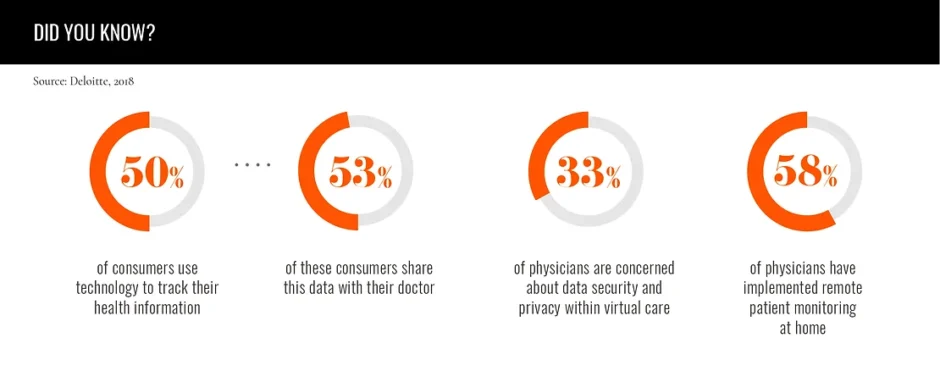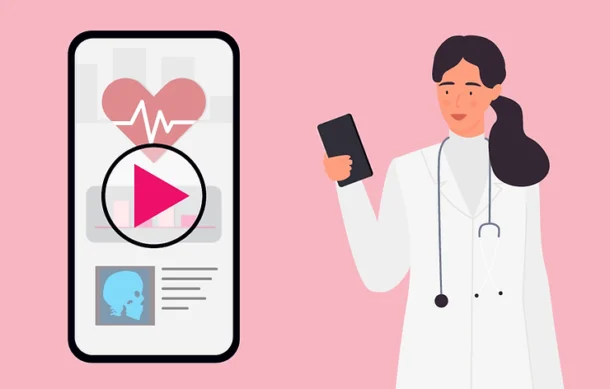How can the pharmaceutical industry lead the way in data transparency and give more patients the confidence to share their records with researchers?
Words by Kirstie Turner
In the internet’s Emerald City that is social media, it is all too easy to be enticed into sharing our personal details without a second thought. But just as looking behind the curtain dispelled the magic of the Wizard of Oz, data collection is not always what it seems.
The Cambridge Analytica scandal exposes what is really going on behind the social media curtain: data harvesting. The breach includes data from an estimated 87 million Facebook accounts, and yet, there are still 3.196 billion social media users worldwide.
If such a large breach of user trust doesn’t deter us from the yellow brick road to social media, why are we not more willing to share our health data?
An upward trajectory
Accessing patient data can be highly beneficial: it leads to a better understanding of disease and, in turn, better treatment or even prevention. And as the social media generation takes a greater interest in their health, data-sharing apps are proliferating and adoption is growing.
“We have initiatives like universal cancer registration in the UK,” notes Richard Stephens, Consumer Lead and Chair of Consumer Forum, NCRI, comments at this year’s eyeforpharma Barcelona. “Opt-outs run at about two dozen every year and that’s out of 300,000 new diagnoses every year, give or take. People understand that cancer is one of those diseases in the UK where we need everybody’s data in order to try to treat it more effectively.”
If you lose trust, data sharing becomes harder
Matt Eagles, Head of Patient Engagement, Havas Lynx Group, is living with Parkinson’s, and wants to share his data. “There is an awful lot of data about me that I’d like to share with other people with the condition – I would like to be given the opportunity to give something back now.” If patients like Matt are willing to give up their data, they should also see the resulting benefits, such as improvements in services and treatments for their disease.
As Stephens continues: “We have healthcare systems that are recording a lot of patient data and not sharing it. They need to do this a lot faster, much more openly, and transparently.” When it comes to sharing data, efficiency is key.
Trust issues
This willingness to share should be utilised by the industry, but trust could be a huge barrier to collection of data. The 2018 Edelman Healthcare Trust Barometer survey shows that pharma is the least-trusted of the healthcare sectors, with their global trust calculated at just 55%.
Chris Carrigan, Patient Advocate and Researcher, Use My Data, discusses the importance of trust: “If you lose trust, data sharing becomes harder, recording better quality data becomes harder, and data access becomes harder.” Pharma must take steps to prove they are trustworthy for data collection to succeed.
Therefore, collection and usage must be monitored; patients should retain ownership of their data and be able to freely access it. Using patient-friendly language to present data can also build trust as patients are able to understand how their data is being used.
Potential solutions
There are companies working on solutions to the challenges of data collection. Genomics England’s 100,000 Genomes Project is working towards a more informed healthcare system, using data to increase its diagnostic yield.
The body created a data archiving mechanism that allows them to collect data from consenting patients, send this through a sequencing process, and then either create diagnostic reports of health implications or feed the data into a research pipeline accessible by 2,500 researchers worldwide.
Access is only available by applying directly to Genomics England and outlining projects. If accepted, the user must enter the embassy where Genomics England can see what information is being accessed. This is helping to build trust between the patients and the users of the data.
We have healthcare systems that are recording a lot of patient data and not sharing it
Paul Jones, Director, Population Genomics, Illumina, discusses the Genomics England project. “The reason we started with rare diseases and cancer was because we hoped to demonstrate the benefits within a 3–5-year timeframe,” he says. “This has now moved on to an aspirational goal of looking at 5 million patients and sequences: an evolution that would broaden beyond rare diseases and cancer.” Programmes such as this will hopefully further the impact that data sharing can offer, while creating an environment that feels safe for patients.
The landscape of pharma is changing; a whirlwind of data sharing is fast approaching, and the industry needs to make changes to ensure they are swept away with it.
The potential benefits of data sharing are vast, but strides must be taken to improve the trustworthiness of pharma through clear data ownership and clarity of usage. Patients must be encouraged to share their medical data as freely as they do on social media, but the pharma industry must work together to pull the rope and raise the curtain on data usage.









